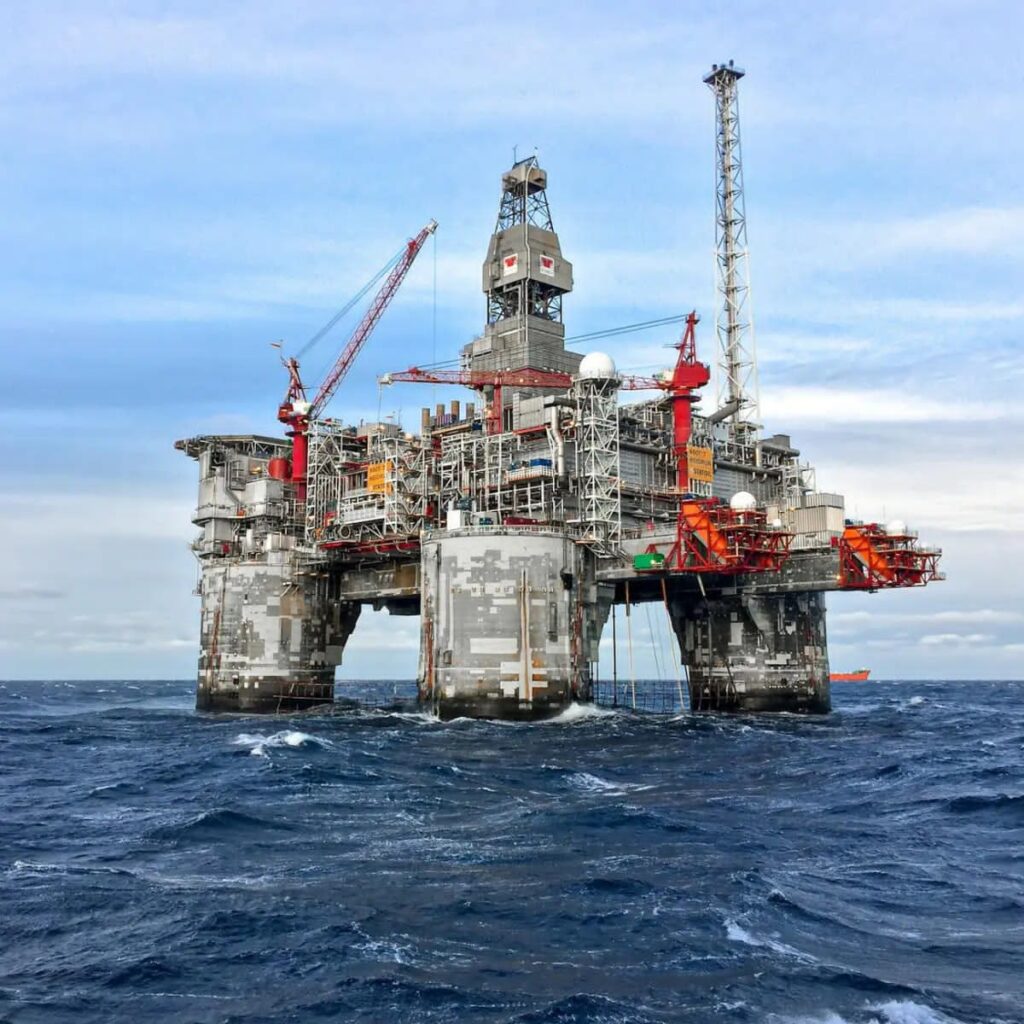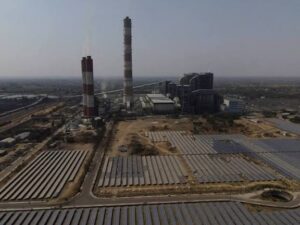Petrobras, Brazil’s state-run oil giant, plans to make Africa its main focus for oil exploration outside Brazil, CEO Magda Chambriard revealed in an interview with Reuters on Thursday.
Ivory Coast recently welcomed Petrobras with a preference to buy nine offshore exploratory blocks, opening the door for the company to expand its presence on the continent. Nigeria, Angola, and Namibia have also expressed interest in working with Petrobras, according to Chambriard.
“We are experts in the eastern margin of Brazil,” Chambriard said, citing the strong geological similarities between Brazil and Africa. “The correlation between Brazil and Africa is unequivocal, so we need to go to Africa.”
This marks a return to Africa for Petrobras after the company had previously divested assets there under past governments. The move aims to boost reserves amid delays in environmental permits for new drilling off Brazil’s Amazon coast.
In 2023, Petrobras acquired a stake in an offshore oil field in South Africa and in early 2024 bought interests in fields around São Tomé and Príncipe, with plans to drill a well this year.
Despite efforts, the company was outbid by France’s TotalEnergies for a share in Namibia’s Mopane field, but Chambriard expressed hope for future collaboration.
Petrobras is also eyeing India’s coast, planning to participate in a July oil block auction.
Facing lower global oil prices, Petrobras plans to cut costs and simplify projects in its 2026-2030 strategic plan, although Chambriard did not specify the extent of impact on investments.
Beyond oil, the company is set to expand fertilizer production in Brazil, aiming to restart plants in Sergipe and Bahia by year-end.
Chambriard also highlighted Petrobras’s desire for greater control over petrochemical firm Braskem, where it holds a 47% voting stake but feels underrepresented in management.
“Braskem is a very important asset,” she said. “From our current point of view, Braskem’s management is not what we want.”
The company seeks to adjust shareholders’ agreements to enhance its influence without seeking majority control.









